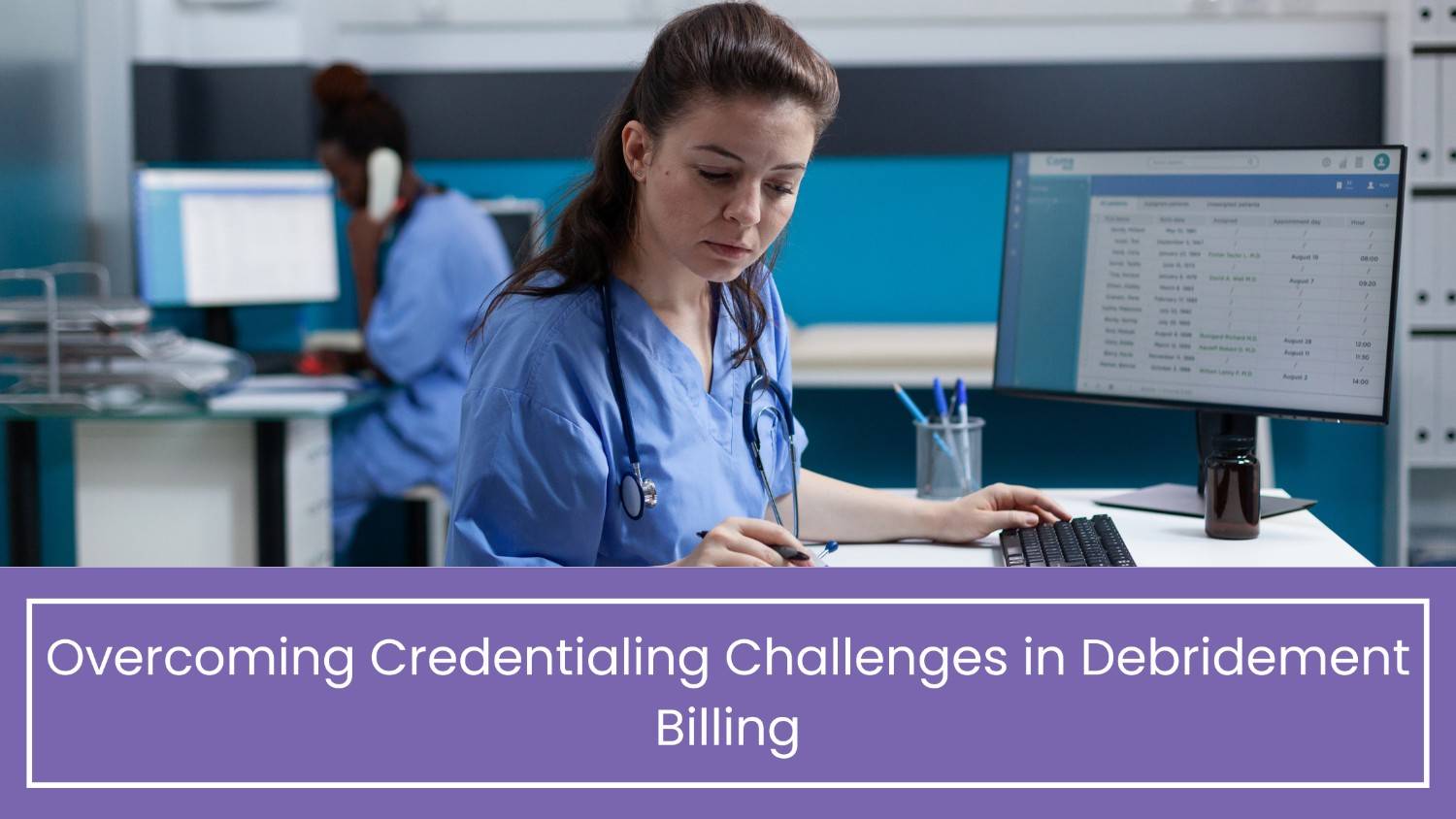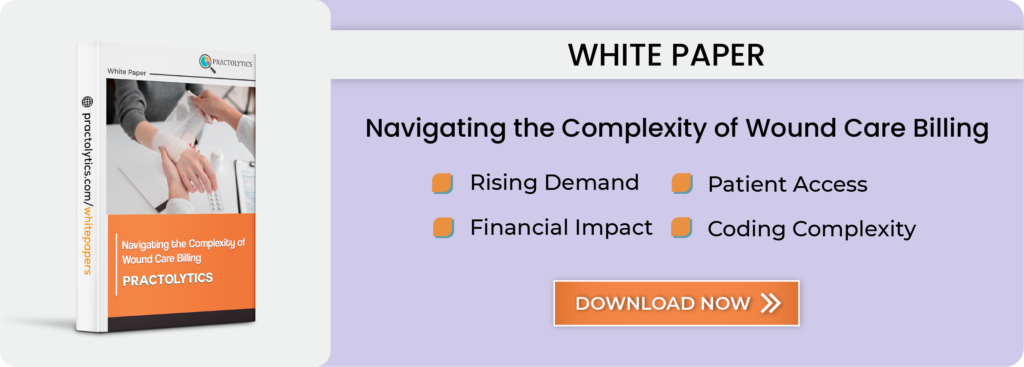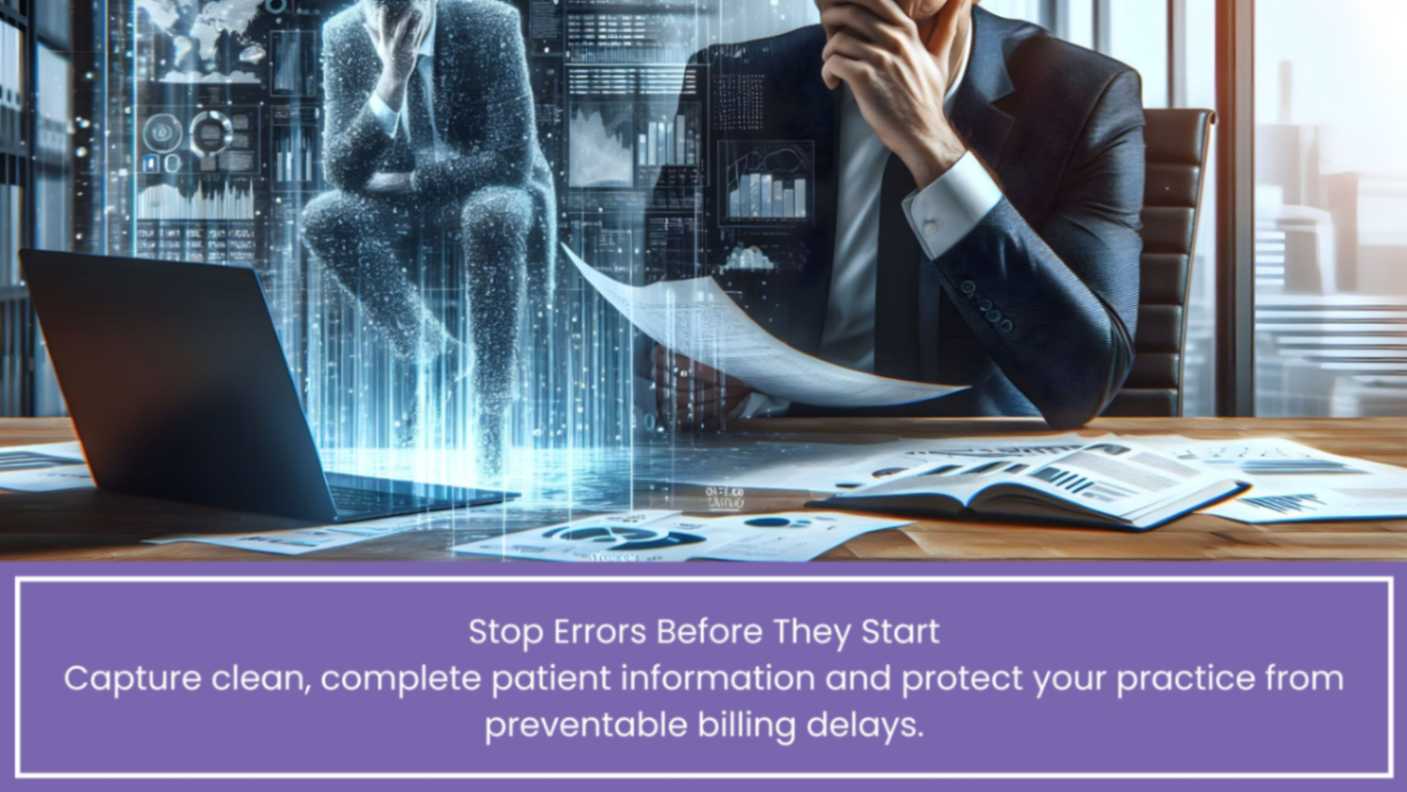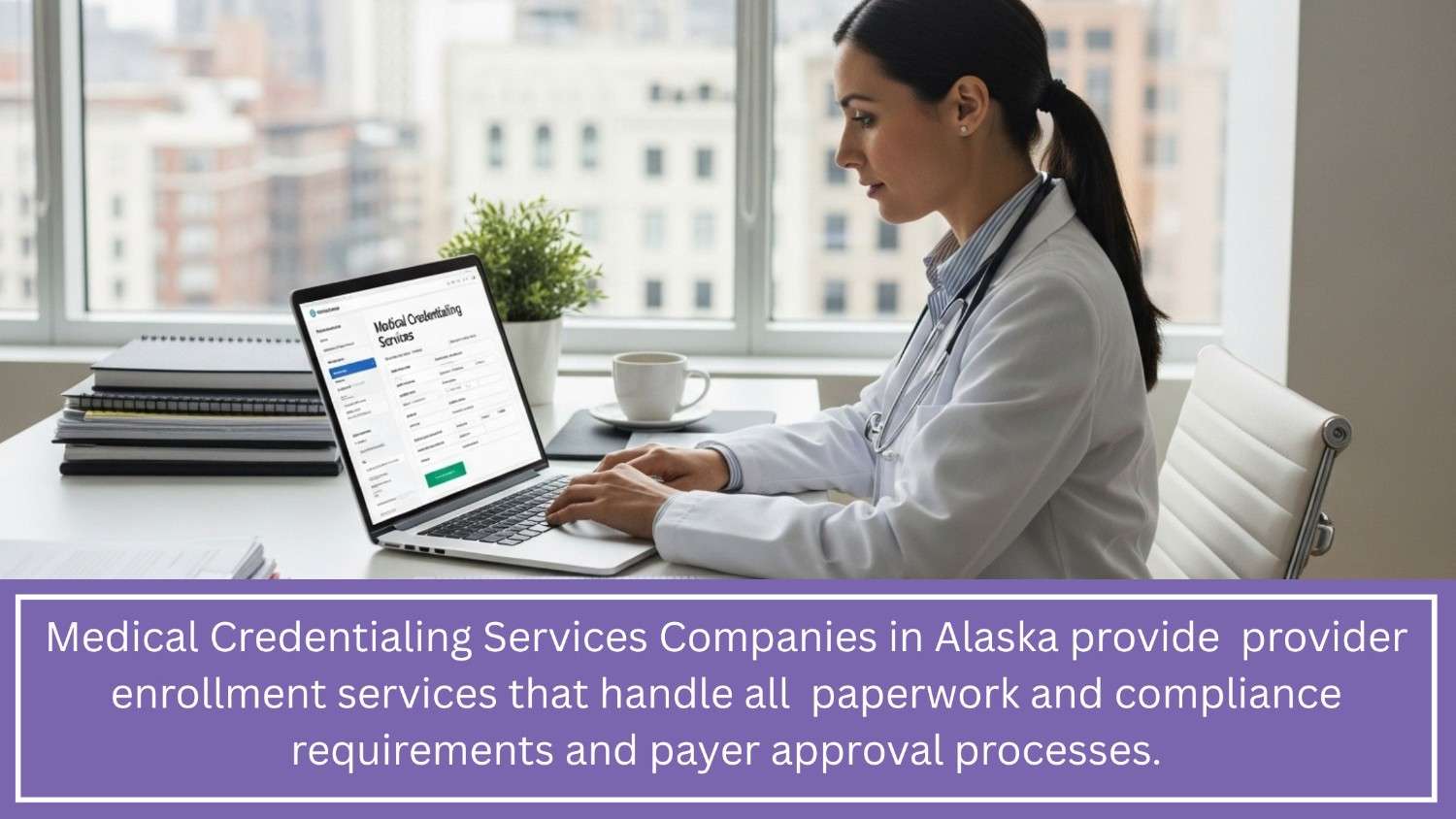Overcoming Credentialing Challenges in Debridement Billing
In healthcare industry, making sure doctors and nurses have the right credentials and meet quality standards is super important for giving patients the best care. In this article, we’re going to talk about the tricky parts of handling billing for debridement, which is a medical procedure. We’ll look at the different rules for getting credentials, why it’s important to keep learning and stay up-to-date, and how all this affects billing for procedures like debridement.
We’re also going to share some tips on how to make things smoother, like making sure everyone follows the same rules for credentials, setting up a system to check each other’s work, using tech to keep track of documents, and helping healthcare workers grow their skills and network. Stick with us as we lay out ways to make the overcoming credentialing challenges in debridement billing easier and improve how debridement billing is done.
Table of Contents
Overcoming Credentialing Hurdles in Debridement Billing: Navigating Requirements and Ensuring Quality Assurance
- Harmonizing Credentialing Standards for Debridement Billing:
The requirements for credentialing in debridement billing vary widely, creating hurdles for healthcare professionals. This inconsistency can cause confusion, delays, and inefficiencies, affecting how debridement services are billed and managed. To streamline the credentialing process:
- Advocate for uniform credentialing criteria across healthcare institutions to simplify the process for debridement billing.
- Implement clear guidelines and foster collaboration between credentialing organizations to ensure consistency in debridement services.
- Enhance communication and provide resources to assist healthcare providers in understanding and meeting credentialing requirements for debridement billing.
- Expanding Access to Debridement-Specific Training and Education:
For debridement billing professionals, accessing specialized training is vital for acquiring the skills needed for accurate billing and coding. Challenges such as location, cost, and availability can limit this access, impacting the quality of debridement billing practices. Solutions include:
- Broadening online training resources focused on debridement billing and coding.
- Offering scholarships or financial aid for courses related to debridement procedures.
- Forming partnerships with educational institutions to offer specialized training in debridement billing.
- Ensuring Ongoing Competence in Debridement Billing Practices:
Staying updated with the latest practices in debridement billing is crucial for maintaining high standards of care and billing accuracy. Continuous education and professional development are key:
- Require ongoing education programs specific to debridement billing to keep skills sharp.
- Provide access to the latest resources and literature on debridement procedures and billing practices.
- Encourage active participation in seminars and workshops that focus on advancements in debridement billing and coding.
- Promoting Team Collaboration in Debridement Billing Processes:
Collaboration among interdisciplinary teams is essential for a holistic approach to patient care and effective debridement billing. To enhance team cooperation:
- Cultivate a collaborative culture with team-building activities focused on debridement case studies.
- Train teams in communication and conflict resolution to improve efficiency in debridement billing processes.
- Use technology to share information and coordinate care, ensuring accurate and efficient billing for debridement services.
- By addressing these areas, healthcare providers can enhance their credentialing processes and debridement billing practices, ensuring high-quality patient care and operational efficiency.
Optimized Practices for Credentialing in Debridement Billing and Ensuring Quality
- Enhancing Credentialing Standards for Debridement Services:
Creating uniform credentialing standards is vital for ensuring consistent and fair practices in debridement billing across healthcare settings. By setting detailed criteria for education, training, and experience, organizations can simplify the credentialing process, ensuring professionals involved in debridement billing are well-qualified. Regular updates to these criteria will keep pace with the evolving standards of debridement services, guaranteeing professionals are credentialed to meet current best practices.
- Implementing Peer Review in Debridement Billing Practices:
Peer reviews are key to maintaining high-quality debridement billing practices. Structured peer review programs allow for the evaluation of clinical competence and adherence to debridement billing standards. This feedback loop not only helps professionals refine their billing practices but also ensures that only those with proven competence in debridement billing and patient care are credentialed, promoting reliability and trust within healthcare services.
- Leveraging Technology for Credentialing in Debridement Billing:
Utilizing modern technology for the documentation and tracking of credentialing activities is essential for efficient debridement billing processes. Digital platforms can centralize information related to credentialing, enabling easy management and access. Automation tools specifically designed for debridement billing can streamline the monitoring of credentialing timelines and compliance, ensuring professionals are always credentialed according to the latest standards.
- Promoting Ongoing Development in Debridement Billing Expertise:
Continuous professional development is crucial for those involved in debridement billing. Healthcare organizations should offer targeted education programs, workshops, and seminars that focus on the intricacies of debridement billing. Networking opportunities and mentorship programs can further enhance the skills and knowledge base of professionals, encouraging the sharing of insights and best practices in debridement billing. This commitment to lifelong learning and professional growth ensures the highest standards of care and billing accuracy.
By focusing on these optimized practices, healthcare organizations can improve the credentialing process for debridement billing, ensuring a high level of competency and quality assurance that benefits both healthcare providers and patients.
Conclusion:
To sum it all up, we’ve looked at the tricky parts of getting the right credentials and handling billing for specific medical treatments like debridement. We’ve seen that there are quite a few hurdles, from keeping up with different rules to making sure healthcare workers keep learning new things. We talked about some smart ways to deal with these issues, like making the rules more consistent, making sure there’s enough training available, and getting everyone to work better together.
We also went over some key steps to make sure the credentialing and quality stuff is done right. This includes setting clear standards, reviewing each other’s work, using technology to keep track of everything, and helping healthcare workers grow in their careers. Doing all this helps make sure that patient care stays top-notch.
As healthcare keeps changing, especially with detailed tasks like debridement billing, it’s super important to stay on top of these challenges. It means always trying to do better and being ready to change how things are done. By following the tips we’ve talked about, healthcare places can handle these challenges better, work more efficiently, stick to the highest standards, and take really good care of their patients.
So, as we keep moving through the complex world of healthcare, especially with the specifics of debridement billing, it’s all about staying alert and aiming for the best. This way, we can face these challenges directly and make things better for both the healthcare workers and the patients they care for.
Unlock the Power of Credentialing with Practolytics!
Partner with Practolytics to access top-tier credentialing services that elevate the quality of care within your practice, ultimately bolstering your overall business success. With over two decades of experience, Practolytics boasts expertise across the entire revenue cycle management (RCM) spectrum. Our seasoned team possesses in-depth knowledge of the ever-evolving healthcare landscape, ensuring that your practice remains up-to-date with the latest industry developments.
At Practolytics, we handle every aspect of the RCM process, allowing you to focus solely on delivering exceptional patient care. With our comprehensive solutions, you can trust that your practice’s financial management is in capable hands, enabling you to prioritize the needs of your patients with confidence.
ALSO READ – Navigating the Cybersecuirty Landscape in Healthcare Coding in 2024
Talk to Medical Billing Expert Today — Get a Free Demo Now!






